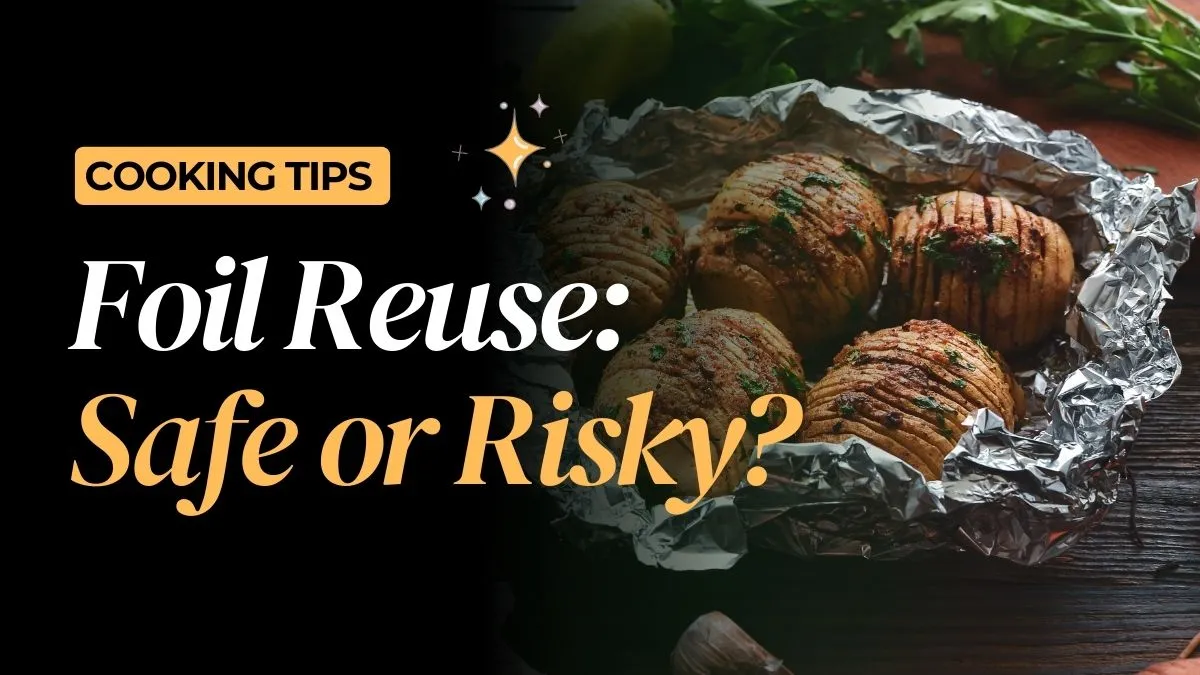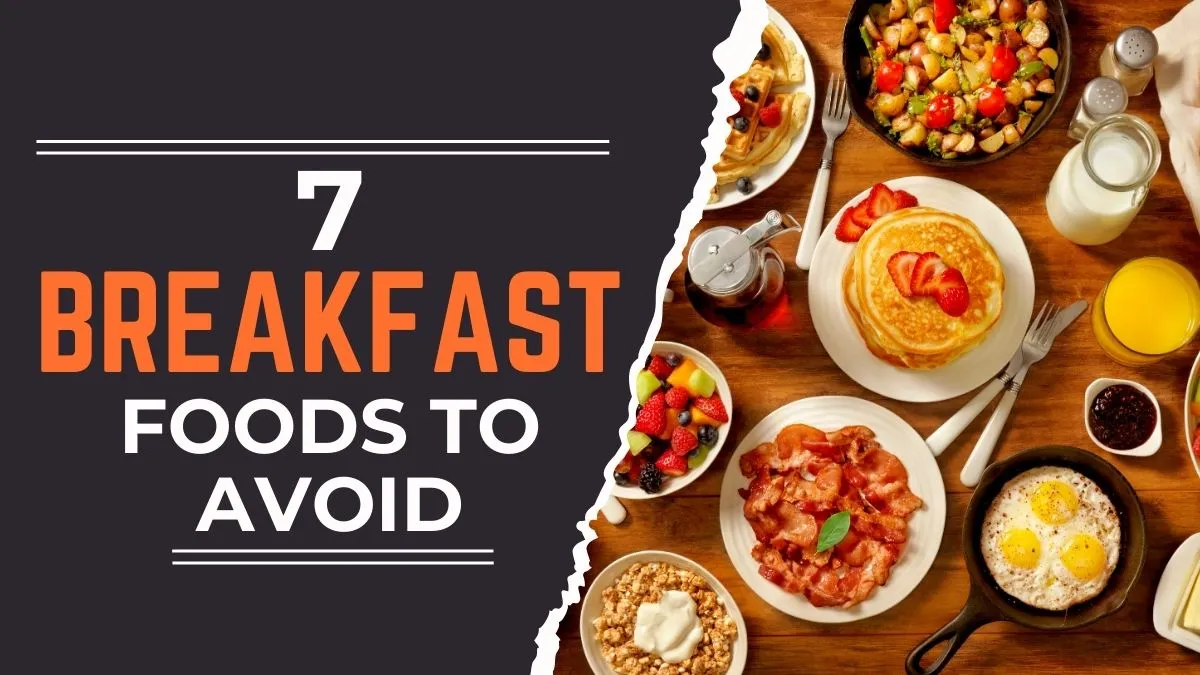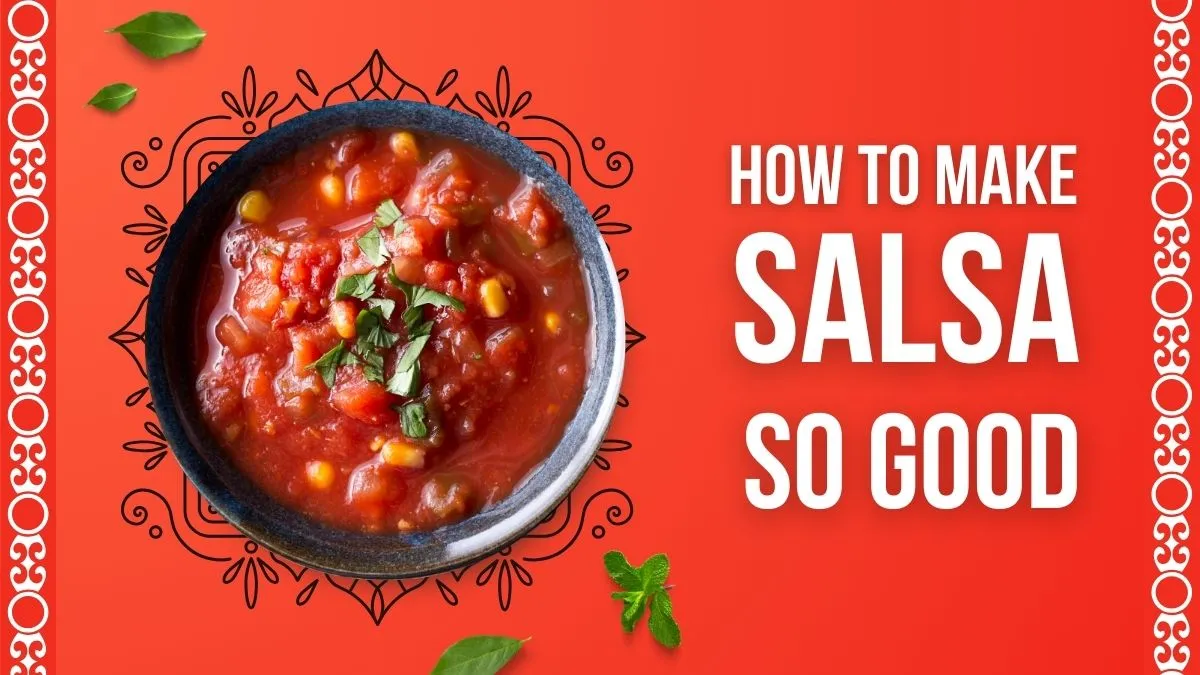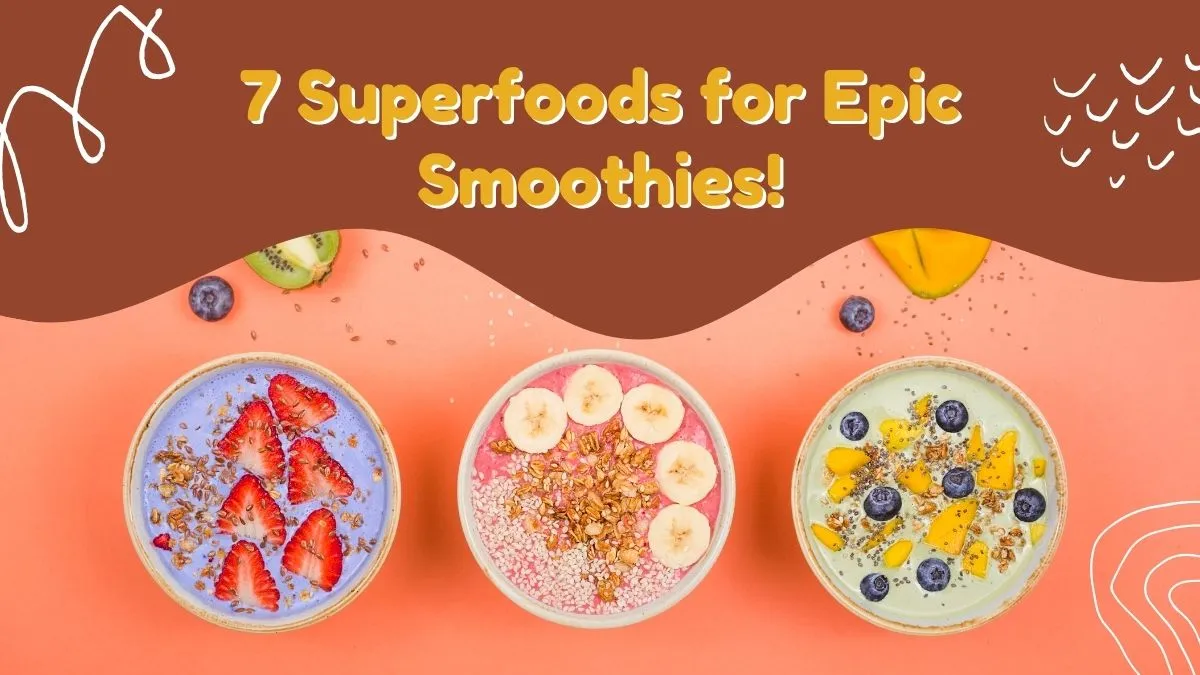9 Foods You Should Never Cook in Aluminum Foil — Your Dinner Might Be Toxic
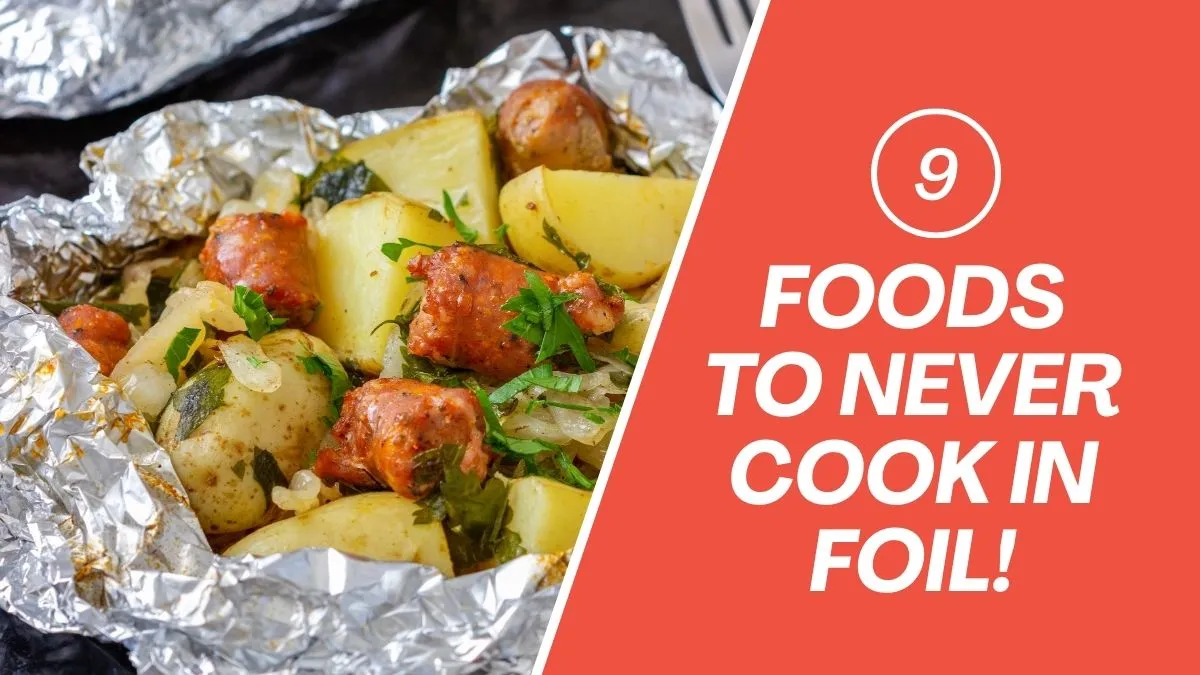
Ever had that moment when you pull a beautifully wrapped meal out of the oven, only to notice a strange metallic taste? That innocent-looking aluminum foil might be doing more harm than good — especially when it touches certain foods.
Turns out, 9 foods you should never cook in aluminum foil can actually leach toxic metals into your dinner. And once it’s in your body, it doesn’t just disappear.
As a registered dietitian, I’ve seen too many people unknowingly sabotage their health with a kitchen habit they think is harmless. Let’s talk about what really happens when heat, acid, and foil collide — and which foods should never be wrapped up like a guilty secret.
1. Acidic Foods Like Tomatoes and Citrus
Tomatoes, lemon, and even vinegar-based marinades react aggressively with aluminum when heated. The acid breaks down the foil, allowing aluminum particles to seep into your food. Over time, this buildup has been linked to neurological issues. That cozy baked tomato dish? It might be spiking your aluminum levels instead of your serotonin.
2. Salty Foods Cooked at High Heat
Salt isn’t just a flavor booster — it’s a conductor. When you wrap salty meats or fish in foil and crank up the grill, sodium ions speed up aluminum leaching. The hotter and saltier, the worse it gets. That “flavor-sealed” salmon might be delivering more than omega-3s.
3. Spicy Dishes with Heavy Seasonings
Chili, curries, and anything with a punch often contain both acid and salt — a dangerous combo for foil. Spices like paprika and chili powder can also increase surface reactions. What starts as a comforting meal could quietly expose you to metals your body wasn’t built to handle.
4. Marinated Meats (Especially in Acidic Sauces)
That tangy teriyaki or lemon-garlic marinade? Delicious — but a foil trap. Acidic marinades break down aluminum fast, and wrapping the meat seals the deal — literally. The longer it sits, the more metal migrates. You’re not just cooking dinner. You’re slow-cooking a contamination risk.
5. Foods High in Moisture and Acidity (Like Pineapple)
Juicy fruits like pineapple become aluminum magnets when grilled in foil. The heat forces acidic juices to eat through the thin layer, transferring metal into every sweet bite. That tropical dessert wrap? More like a slow toxin delivery system.
6. Potatoes Baked in Foil (Yes, Really)
We’ve all done it — tossed a potato in foil and shoved it in the oven. But baking potatoes in aluminum can increase metal leaching, especially if you add salt or sour cream after. One “harmless” habit, decades of low-level exposure. Small choices, big long-term stakes.
7. Seafood Like Shrimp and Fish
Delicate seafood absorbs contaminants easily. When wrapped in foil and grilled, aluminum can transfer into the flesh — and straight into your bloodstream. You’re eating the ocean’s bounty, but now with a side of metal. Is convenience worth the cost?
8. Foods with Olives or Pickled Ingredients
Olives, pickles, capers — all packed with salt and vinegar. Wrap them in foil and heat them? You’re creating a chemical reaction zone. These small flavor bombs become carriers for something far less appetizing: bioavailable aluminum.
9. Anything with Spices and Oil Left in Foil Too Long
Even after cooking, leaving food in foil — especially oily, spiced dishes — continues the leaching process as it cools. That “keep warm” trick? It’s also a “keep leaching” trick. The meal may look safe, but your body tells a different story.
What Should You Use Instead?
Swap aluminum foil for parchment paper, ceramic dishes, or glass containers when baking or grilling acidic, salty, or spicy foods. If you must use foil, keep it away from direct contact with food — or better yet, just don’t. Your nervous system will thank you years from now.
Read Also: 9 Genius Hacks That Turn Instant Coffee Into a Gourmet Obsession
We trust our kitchens to keep us safe. But sometimes, the most innocent tools hide silent risks. Now that you know about the 9 foods you should never cook in aluminum foil, ask yourself: How many of these have I eaten — and for how long?

